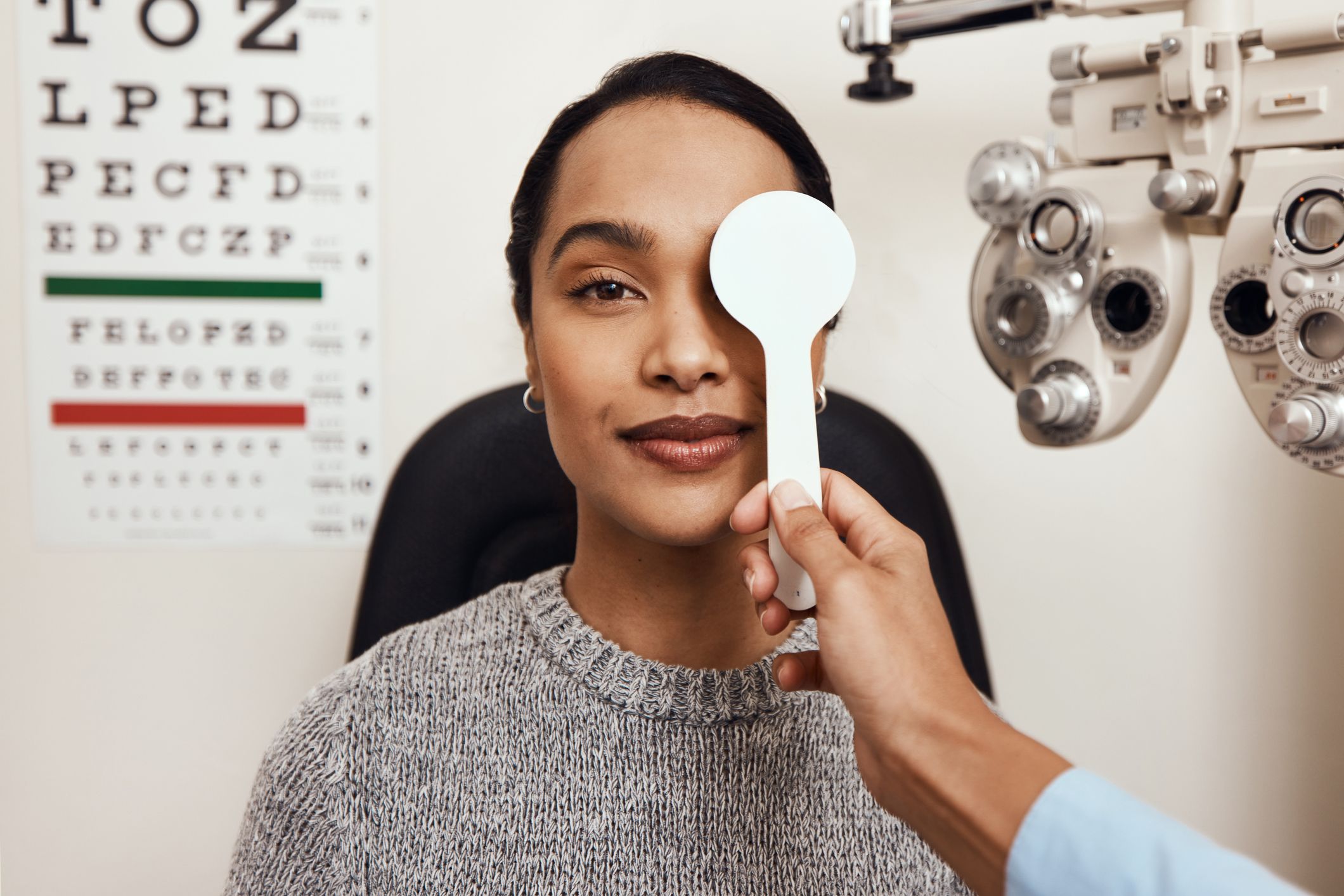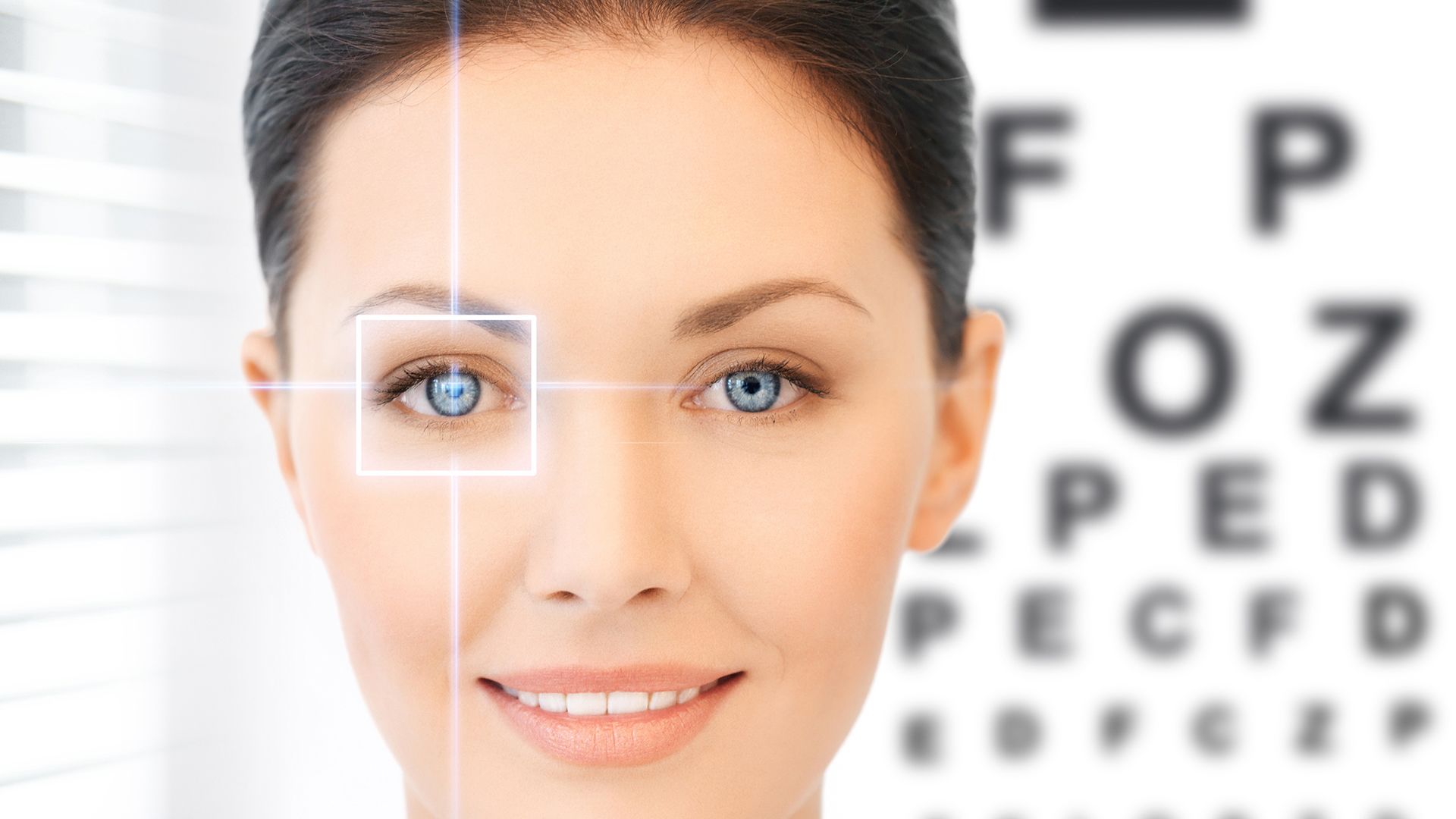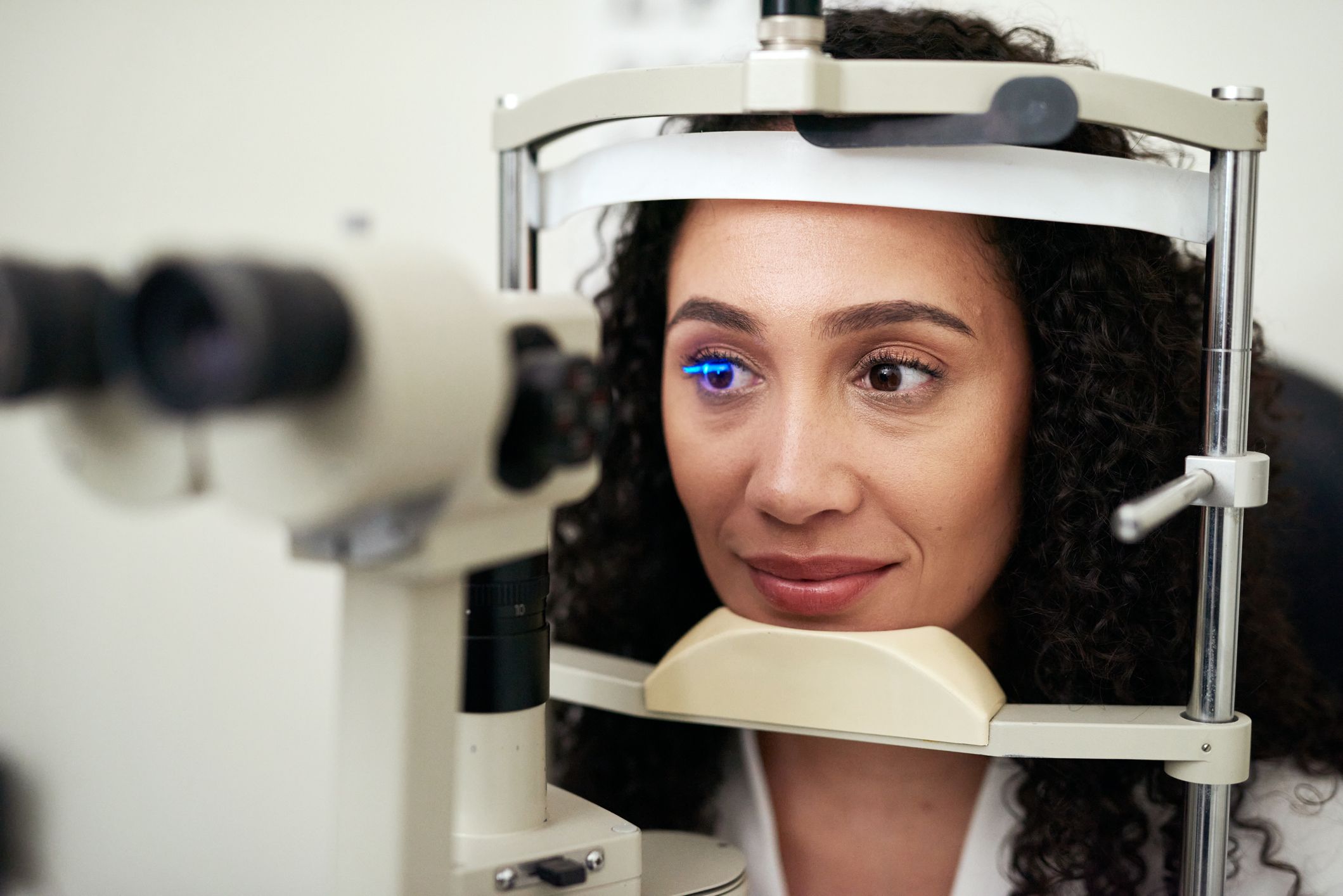Updated on October 16, 2024
In this video, ophthalmologist David Demartini, MD, describes the serious effect that aging can have on a person’s eyes, and discusses the vision changes many patients experience after age 40.

Transcript
When a patient turns 40, they notice their eyes change. Even patients that have been lucky enough, to have perfect vision up till age
40, they get into a problem we call presbyopia. Presby meaning
dealing with age, and opia meaning the eye. So, they get aging eye. When one gets presbyopia, one can't focus up close like one
used to, when they were younger in the ages of 10, 15, 20, 30 years old. One could always put anything right in front them,
they could read that perfectly. But as one gets older, that focusing point starts to get further, and further away. And
we all have to go through that. So usually that means the onset of reading glasses, or they find out they have astigmatism and presbyopia, and they'll




